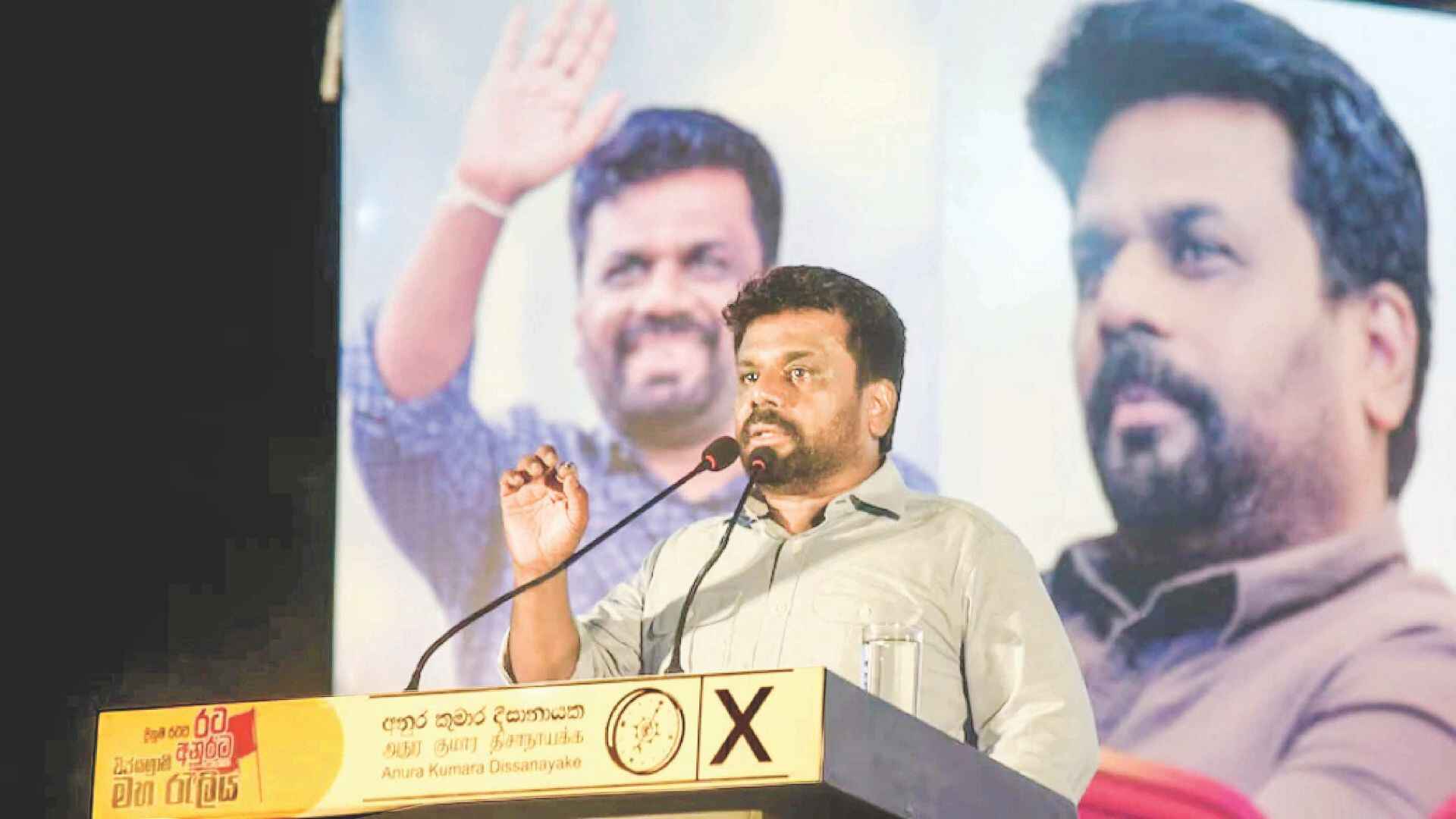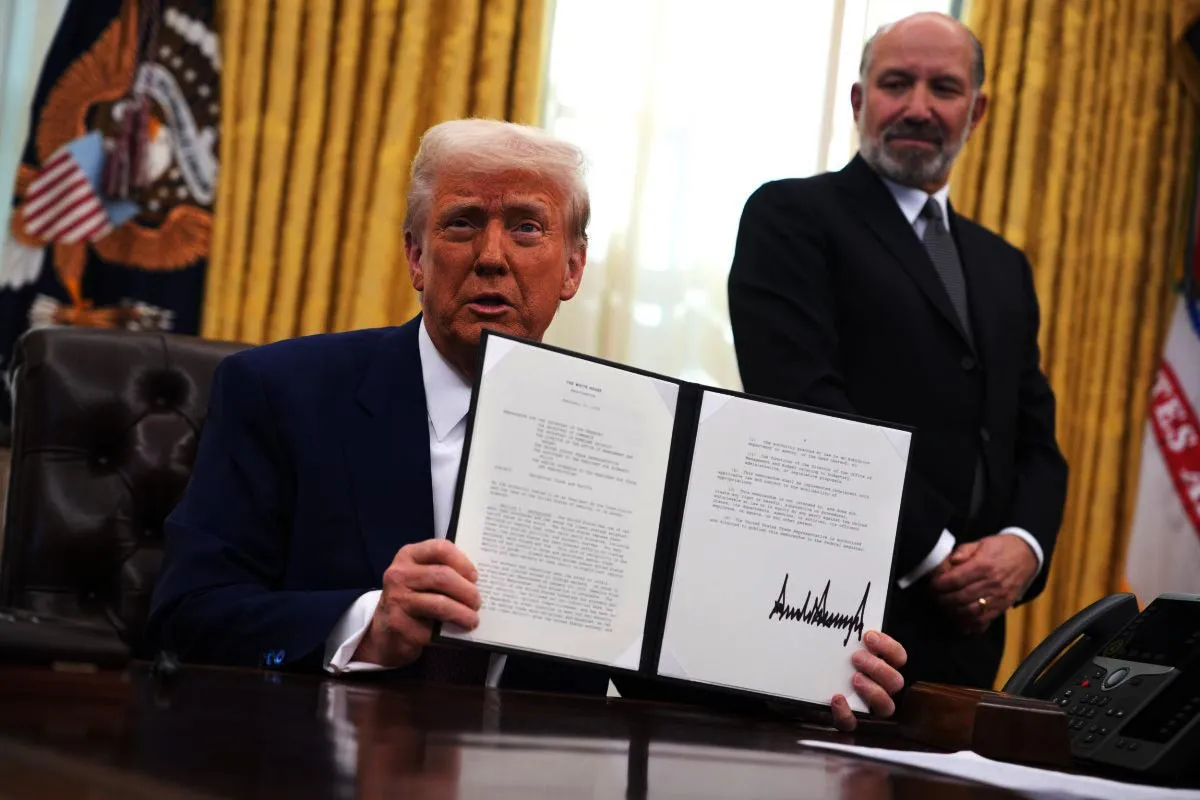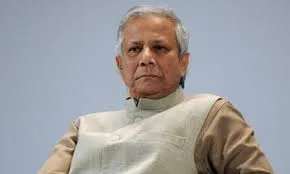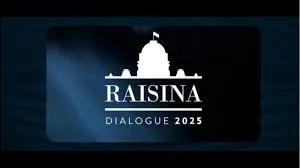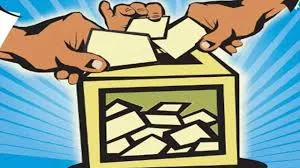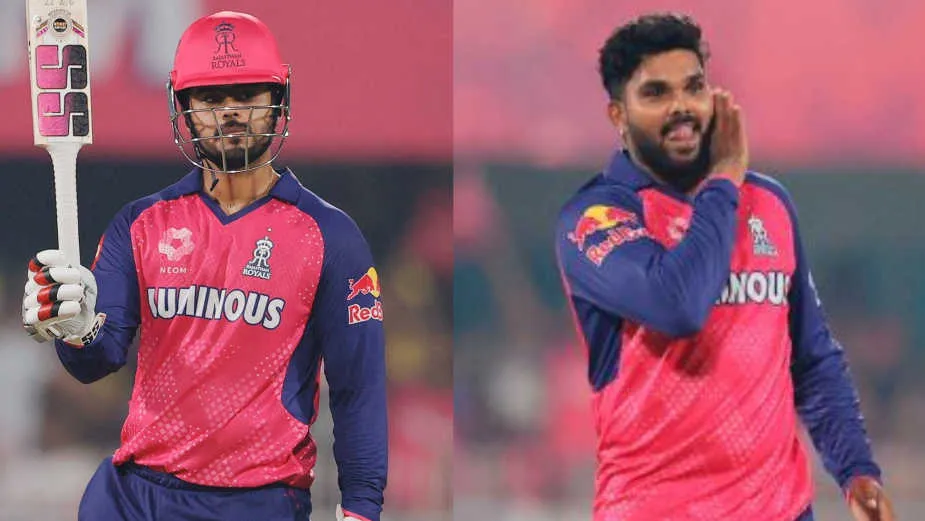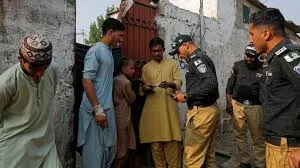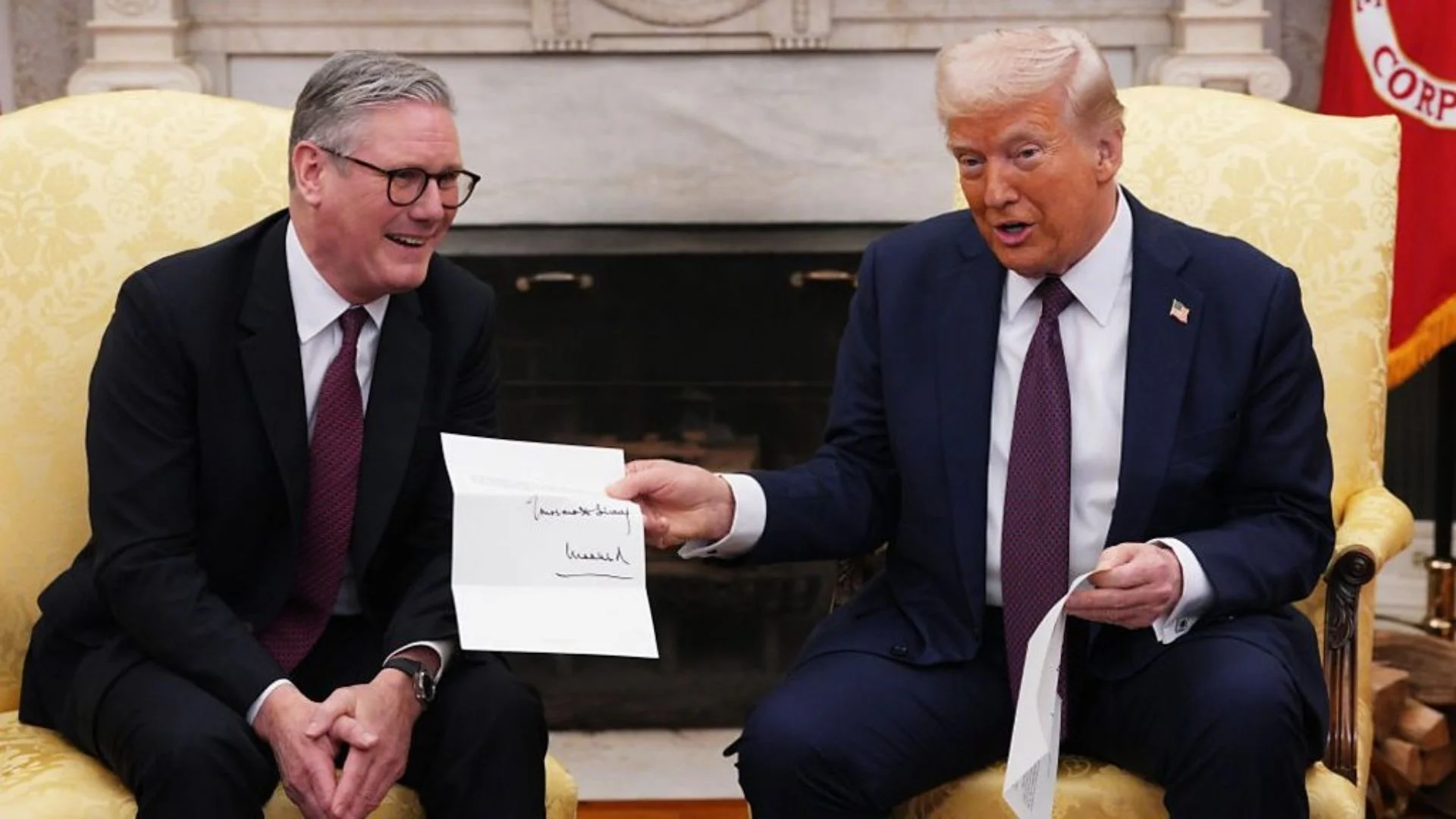As Sri Lanka grapples with political instability, economic crises, and external influences, the election of Marxist lawmaker Anura Kumara Dissanayake to the presidency has stirred a complex debate. Dissanayake, the leader of the Janatha Vimukthi Peramuna (JVP), is known for his left-wing ideology and anti-establishment stance. The key question now is: would Dissanayake, with his Marxist roots, serve as a proxy for Chinese interests, and what implications would this hold for India’s strategic and geopolitical interests in South Asia?
Anura Kumara Dissanayake has long been a figure in Sri Lankan politics, leading a party that traditionally advocated for socialist reforms, workers’ rights, and the removal of foreign influence. The JVP, which originated as a revolutionary communist movement, has evolved over the years, but it has maintained a strong leftist orientation with a critical stance toward both Western and regional powers.
Historically, the JVP has criticized Sri Lanka’s reliance on external actors, particularly its growing indebtedness to international financial institutions like the IMF and World Bank. At the same time, Dissanayake and his party have been vocal critics of corruption and nepotism in Sri Lankan governance, aiming to position themselves as a force of moral and economic rectitude.
While Dissanayake himself has not shown overt allegiance to China, concerns arise due to his Marxist ideology, which often aligns with the policies of communist regimes. China, a leading global communist power, has significantly expanded its influence in Sri Lanka in recent years, particularly through its Belt and Road Initiative (BRI) projects. As Sri Lanka has faced financial collapse, China has emerged as a key creditor and infrastructure developer, notably controlling the strategic Hambantota port. This economic dependence has raised questions about the autonomy of any future Sri Lankan government, especially one led by a leader with Marxist leanings.
The notion of Anura Kumara Dissanayake being a Chinese proxy stems from the larger geopolitical chessboard where China is aggressively courting smaller nations, particularly those in South Asia, to enhance its influence. Sri Lanka, geographically situated at the heart of key maritime routes, is vital to China’s strategic interests. China’s growing control over key Sri Lankan infrastructure, including ports and highways, provides it with significant leverage over Colombo’s economic and political decisions.
Dissanayake, with his anti-Western, anti-IMF stance, may naturally align with China’s narrative of non-Western development, which promotes alternative financial and infrastructure models free from traditional Western conditions. However, it remains speculative to label Dissanayake as a Chinese proxy, as he has not publicly embraced China’s Belt and Road Initiative or shown explicit favoritism toward Chinese investment.
Moreover, his political rhetoric emphasizes sovereignty, suggesting that he may resist overreliance on any foreign power, including China. But given Sri Lanka’s dire financial situation and its economic dependence on China, any future government will have to navigate these geopolitical waters delicately.
Anura Kumara Dissanayake’s election as President of Sri Lanka poses both challenges and opportunities for India. Sri Lanka is a key player in India’s neighborhood, and its political trajectory directly affects New Delhi’s security and regional influence. The dynamics of India-Sri Lanka relations are shaped by history, culture, trade, and strategic interests, especially in the Indian Ocean.
India has been closely monitoring China’s growing influence in Sri Lanka, particularly its control over the Hambantota port and other strategic assets. If Dissanayake pursues a closer relationship with China, even if not as an explicit proxy, India may view his presidency as a potential threat to its regional dominance. A China-friendly Sri Lanka could increase China’s naval presence in the Indian Ocean, a critical area for India’s maritime security.
Additionally, any move by Sri Lanka to deepen its economic or military ties with China could strain India-Sri Lanka relations. India has traditionally been sensitive to Chinese encroachment in its neighborhood, and Dissanayake’s presidency could trigger heightened concerns about Chinese involvement in South Asia.
India and Sri Lanka share strong economic ties, with India being one of Sri Lanka’s largest trading partners. If Dissanayake adopts a more protectionist, left-wing economic approach, it could impact bilateral trade and investment, particularly in sectors where Indian companies are involved. Moreover, if Sri Lanka pivots towards China for greater economic assistance, Indian businesses and investments might face challenges in the Sri Lankan market.
However, on the flip side, Dissanayake’s anti-corruption platform could be a positive for India, as it may foster a more transparent and accountable environment for Indian investments in Sri Lanka.
India, particularly its southern state of Tamil Nadu, has always been invested in the political rights and well-being of Sri Lanka’s Tamil minority. The treatment of Tamils has been a sensitive issue in bilateral relations, and successive Indian governments have pressed Sri Lanka to ensure justice, equality, and reconciliation.
While Dissanayake has been critical of Sinhala-Buddhist nationalism, his Marxist ideology suggests he could champion minority rights, which may align with India’s interests in protecting Tamil communities. However, if he fails to address Tamil grievances, it could reignite tensions between Colombo and New Delhi, particularly with Tamil Nadu’s political influence on Indian foreign policy toward Sri Lanka.
If Dissanayake proves to be an independent leader who avoids becoming overly reliant on China or the West, India could have an opportunity to reassert its influence in Sri Lanka. By offering alternative economic assistance, diplomatic support, and security cooperation, India can leverage its historical ties and proximity to balance Chinese influence.
Moreover, India’s diplomatic strategy will need to focus on ensuring that Sri Lanka remains neutral in its geopolitical alignment, allowing both China and India to have a presence without turning the island nation into a battleground for influence.
Anura Kumara Dissanayake’s potential election as President of Sri Lanka will undeniably have a profound impact on both the internal dynamics of Sri Lanka and its external relationships. While it is premature to label him as a Chinese proxy, his Marxist ideology, combined with Sri Lanka’s economic dependency on China, will naturally raise concerns in India.
India will need to adopt a cautious yet proactive approach in dealing with a Dissanayake-led government. Strengthening diplomatic channels, offering strategic investments, and addressing key regional issues, such as the Tamil question, will be essential for maintaining a balanced relationship. The challenge for India will be to safeguard its strategic interests while promoting stability and prosperity in its island neighbor, amid a shifting geopolitical landscape dominated by Chinese influence.
Siddhartha Dave is an alumnus of United Nations University, Tokyo and a former Lok Sabha Research Fellow. He writes on Foreign Affairs and National Security

